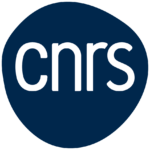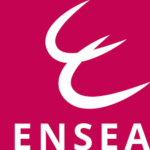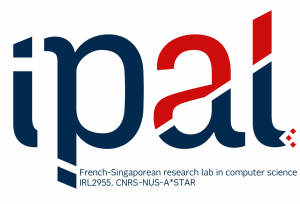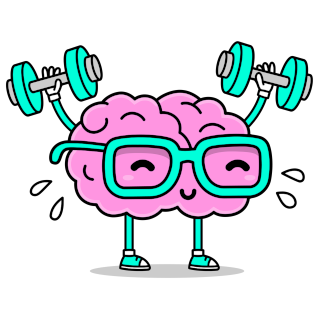Workshop on “Body Image & Cross-sensory Correspondences: What about Infants and Robots”
Call for Posters, Workshop on “Body Image & Cross-sensory Correspondences: What about Infants and Robots” at IEEE ICDL EPIROB 2022, London September 12th
Topics
Our bodies constitute the interface between our mind and the surrounding world. To interact effectively with the world, babies and robots need to discover the relations between the different parts of their bodies, and between the different senses; i.e., cross-sensory correspondence.
For body representation, they need to know where their limbs are in space, how far they can extend, how they work, and what range of actions they can achieve with them. Such body representations are essential for developing a sense of the self and for defining the limits of the peripersonal space. These are important milestones in human development to construct efficient interactions with others and the world. For this construction to be complete, individuals need to extract from the different sense modalities a coherent representation of their surroundings. This is possible thanks to cross-sensory correspondences.
Cross-sensory correspondences occur very early on in development, but it is still unknown how they develop, whether some appear before others and why for example. Indeed, many events of the world, such as social interactions, involve perceiving common properties in different sense modalities. The size and shape of an object can, for example, be processed both visually and haptically, which leads to a unitary percept. The intensity of either light or sound can change over time and thus be perceived as a similar phenomenon. In fact, in everyday situations, contingent associations of different attributes simultaneously changing over time are experienced on a regular basis. A bouncing ball, for example, is perceived as regular up and down motion and as regular sound-silence alternation. Its movement generates a multimodal representation based on synchronous and analogous dynamic time variations in the visual and auditory experience.
- Workshop website
https://sites.google.com/view/workshop-body-image/ - Call for posters
This workshop is open to poster submissions for the target audience in Cognitive psychologists, developmental psychologists, developmental roboticists, embodied cognition, bio-inspired artificial intelligence, cognitive neuroscience, researchers on the self, computational modeling, machine learning.
please submit your abstract (<500 words) before july 21th to the email address WSEmbodied@gmail.com - Date and place
The workshop will be held within the conference IEEE ICDL Epirob (icdl-epirob.org/) in London, the 12th of september. - Plenary Talks
Area1: The development of body perception during infancy
Eszter Somogyi, University of Portsmouth
Maria Laura Filippetti, University of Essex
Daniela Corbetta, University of Tennessee
Area 2: Cross-sensory integration and multimodal contingency
Bahia Guellai, Nanterre University
Sergiu T. Popescu, Czech Technical University in Prague
Andy Bremner, University of Birmingham
Area 3: Developmental robotics as promising models of body perception and cross-sensory integration
Matej Hoffman, University of Prague, Czech Republic
Alex Pitti, CY Cergy University
Lorenzo Jamone, Queen Mary Univ. of London
more to be confirmed.
- Organizers
Daniela Corbetta (University of Tennessee), Alexandre Pitti (CY Cergy Paris University), Bahia Guellai (Nanterre University), Sofiane Boucenna (CY Cergy Paris University), Lorenzo Jamone (Queen Mary University of London) - Contact and Submission
email: WSEmbodied@gmail.com




